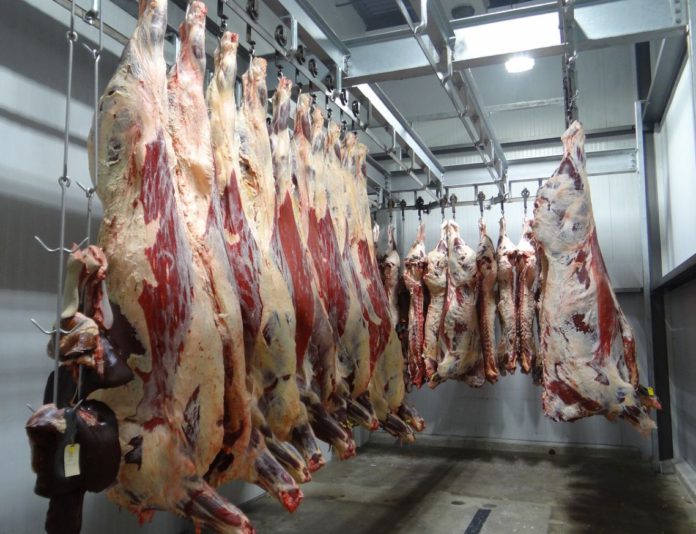Brazil has confirmed two cases of “atypical” BSE in two separate meat processing plants.
The cases were confirmed on Friday, September 3rd, 2021 after samples were sent to the World Organisation for Animal Health lab in Alberta in Canada.
BSE cases in Brazil
As a result of these cases in Mato Grosso and Minas Gerais, the country has suspended beef exports to China, which, along with Hong Kong, buys more than half of its beef.
The country’s agriculture ministry has since released a statement. It confirmed that the cases in the “aged” animals pose “no risk to human or animal health”.
According to data from the Brazilian Meat Exporting Industry Association, between January and July of this year, beef shipments from Brazil to China amounted to 490,000 tons.
In turn, this generated sales of US$2.4bn, representing an increase of 8.6% and 13.8%, compared to the corresponding period in 2020.
Furthermore, the country temporarily suspended its beef exports to China after it identified a case of atypical BSE in a 17-year-old cow.
BSE
According to the OIE, BSE, referred to as ‘mad cow disease’, is a progressive, fatal disease of the nervous system of cattle. An accumulation of an abnormal protein called prion in the nervous tissue causes the disease, which has an incubation period of two and eight years.
It states that there are two forms:
- Classical BSE: Occurs in cattle after ingesting prion contaminated feed;
- Atypical BSE: Believed to occur spontaneously in all cattle populations.
It outlined that BSE is an OIE-listed disease and, therefore, must be reported to the body.
It states on its website: “The occurrence of atypical BSE is not considered for the purpose of official BSE risk status recognition as it can spontaneously occur in any cattle population.”
Negligible BSE risk status for Ireland
Meanwhile, in May of this year, the OIE recognised Ireland as having a negligible risk for bovine spongiform encephalopathy (BSE), the lowest country risk status possible.
Minister McConalogue hailed this “as a ringing endorsement of Ireland’s robust animal health, food and feed safety controls”.
The recognition was adopted by resolution of the World Assembly of Delegates of the OIE at the organisation’s 88th general session.
Minister Martin Heydon T.D, who has specific responsibility for market access, said, “this is very welcome news to gain access to new markets and to retain existing market access for our beef exports”.
At the time, he said he hoped the announcement would “assist in opening new trade opportunities for the safe, quality produce from our beef farmers”.
Meanwhile, Irish beef exports to China remain suspended after a case of atypical BSE was identified in a cow in May 2020.





